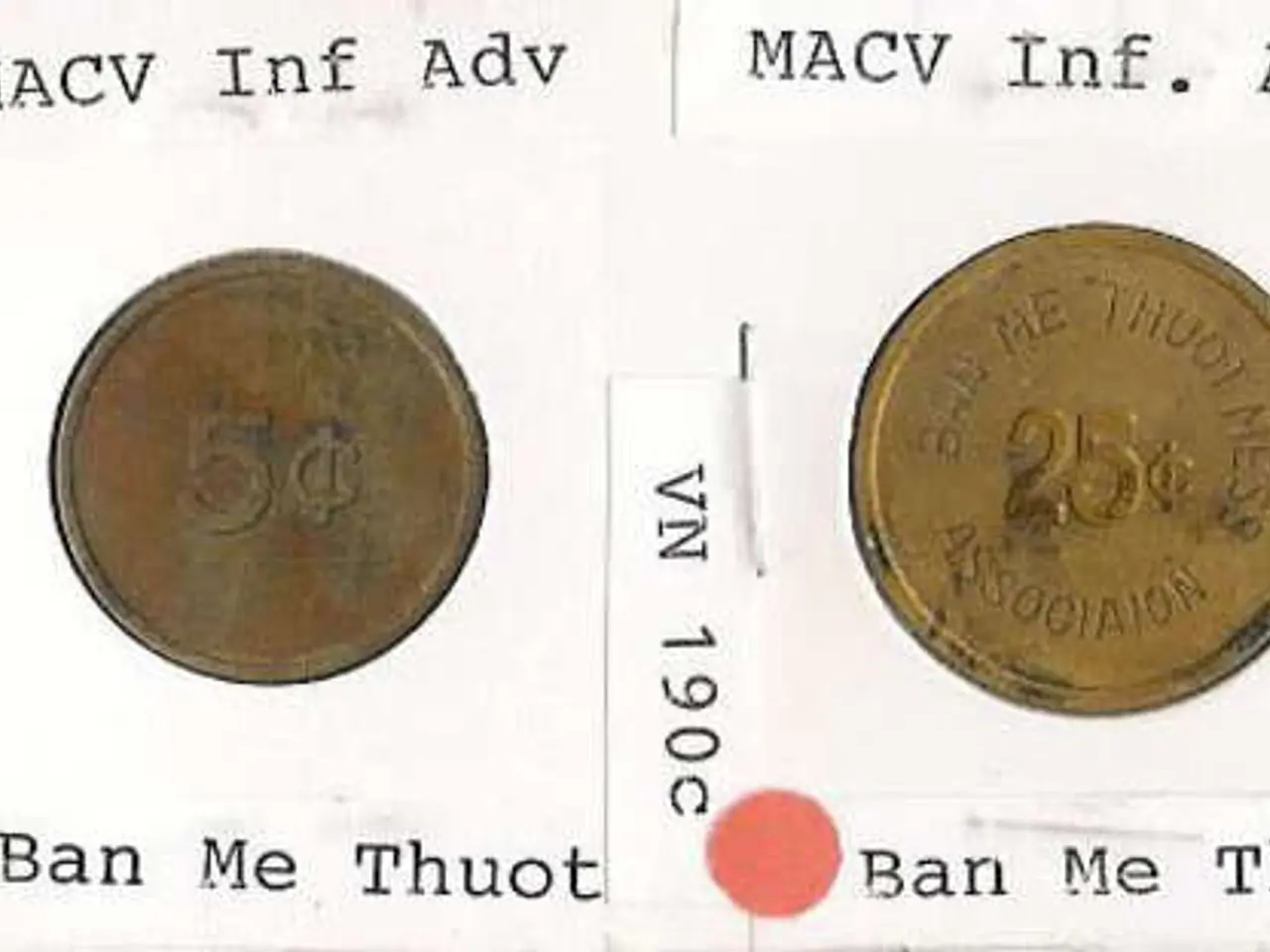Biden Administration Shuts Down Bank Accounts of Over 30 Crypto Startups, According to A16z's Marc Andreessen on Joe Rogan's Podcast
The practice of "debanking" unconventional businesses such as tech and crypto startups has been a topic of contention in the United States for over a decade. This regulatory pressure on banks to sever or restrict financial relationships with certain industries deemed risky or ideologically undesirable by regulators gained public attention as early as 2011, when the Department of Justice (DOJ) shut down online poker companies like PokerStars and Full Tilt Poker, freezing their U.S. assets and accounts due to alleged fraud [1].
In 2013, the DOJ initiated Operation Choke Point, targeting banks that served what were labeled as high-risk sectors, including firearm dealers and payday lenders. Although the Trump administration officially ended Operation Choke Point by executive action in 2017, no legislative measure permanently barred similar future federal interventions, leaving the practice potentially open to resumption or adaptation by subsequent administrations [1].
During the Biden administration and beyond, debanking expanded notably into the tech and crypto sectors. The DOJ established task forces, such as one in Virginia in 2025, to combat what it termed “illegal debanking,” reflecting increased scrutiny of how banks treat crypto and fintech firms [2]. Crypto companies like Circle and Ripple have pursued alternative regulatory pathways, like applying for national trust banking charters through the Office of the Comptroller of the Currency (OCC), partly to mitigate traditional banking barriers. However, this trend has sparked concerns about regulatory overreach and the extension of federal protections to emerging commercial interests [2].
Politicization allegations have surrounded debanking practices, especially in relation to conservative businesses and industries such as gun manufacturers and cryptocurrency firms. In August 2025, former President Donald Trump signed an executive order mandating federal probes into whether banks have discriminated against conservatives and certain industries on political or religious grounds. This order seeks to remove concepts like “reputational risk” that justify politicized debanking and compels federal regulators to review and potentially sanction banks engaging in such practices [3][5].
Andreessen Horowitz, a leading investor in Web3 and gaming startups, has been vocal about the government's involvement in debanking unconventional startups. According to Marc Andreessen, co-founder of A16z and General Partner, the practice of debanking unconventional startups, including crypto founders, goes back 15 years during the Obama administration [4]. During a meeting in the Spring, the government allegedly sought to promote AI companies in the U.S., but insisted on having full control and wanted to limit the number to just a few large companies (2-3) [4].
The crypto industry publicly supported President-elect Donald Trump in the run-up to the November 2020 U.S. election [6]. Marc Andreessen, in a Joe Rogan podcast, revealed reasons for crypto founders' endorsement of Trump [7]. Andreessen's A16z recently led an $80 million Series B round for Story Protocol [8].
This trajectory illustrates a contentious intersection of government regulatory actions, political influence, and the evolving financial relationship of unconventional industries with the banking system. The ongoing debates surrounding debanking highlight the need for clear and fair regulations to support the growth of innovative industries while protecting consumers and the financial system.
References:
[1] https://www.americanbanker.com/news/opinion/the-doj-should-end-its-bank-blacklisting-1130910-1.html [2] https://www.coindesk.com/policy/2021/07/26/how-the-us-government-is-taking-aim-at-crypto-companies/ [3] https://www.whitehouse.gov/briefing-room/presidential-actions/2021/08/09/executive-order-on-promoting-competition-in-the-american-economy/ [4] https://www.axios.com/newsletters/tech-tonic/2021/07/14/ai-companies-face-government-pressure-on-control-and-size [5] https://www.wsj.com/articles/trump-said-to-be-considering-executive-order-to-probe-banks-for-discrimination-against-conservatives-11626399998 [6] https://www.coindesk.com/markets/2020/10/29/crypto-industry-backs-trump-in-2020-us-election-poll [7] https://www.reuters.com/article/us-usa-election-crypto/crypto-founders-back-trump-as-bitcoin-bulls-bet-on-stock-market-surge-idUSKBN2752KO [8] https://techcrunch.com/2021/07/21/a16z-leads-80-million-series-b-round-for-story-protocol/
- The tech and crypto sectors have experienced an increase in the practice of debanking during the Biden administration, with the DOJ establishing task forces to combat illegal debanking and scrutinize how banks treat crypto and fintech firms.
- Crypto companies like Circle and Ripple have pursued alternative regulatory pathways, such as applying for national trust banking charters, due to traditional banking barriers, sparking concerns about regulatory overreach.
- Politicization allegations have surrounded debanking practices, with accusations of discrimination against conservative industries like gun manufacturers and cryptocurrency firms, prompting former President Donald Trump to sign an executive order mandating federal probes into such instances.
- In the run-up to the 2020 U.S. election, the crypto industry publicly supported President-elect Donald Trump, with Andreessen Horowitz, a leading investor in Web3 and gaming startups, revealing reasons for crypto founders' endorsement of Trump during a Joe Rogan podcast.
- Andreessen Horowitz's concerns about the government's involvement in debanking unconventional startups extend back 15 years to the Obama administration, as the company has been vocal about the perceived regulatory barriers facing innovative industries like tech, crypto, and the metaverse.




